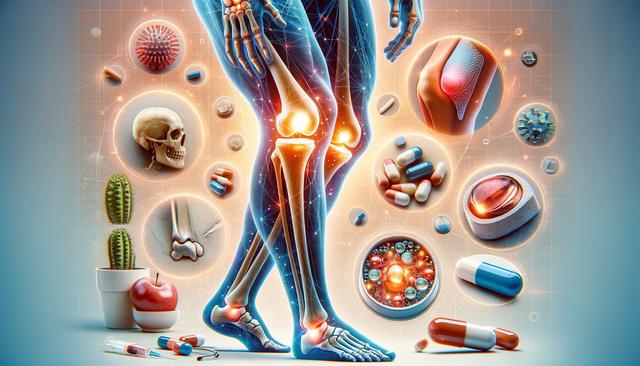The Importance of Digestive Health
Digestive health is more than just avoiding stomach discomfort. It encompasses the proper functioning of the entire gastrointestinal system, which includes processing food, absorbing nutrients, and eliminating waste. When the digestive tract works efficiently, it supports energy production, mental clarity, and immune defense. Conversely, poor digestive health can lead to bloating, fatigue, and long-term health issues. A balanced diet, hydration, and mindful eating habits are foundational to maintaining good digestive health. Regular exercise and stress management also contribute significantly to how well your digestive system operates.
The Role of the Gut Microbiome
The gut microbiome is a complex ecosystem of trillions of microorganisms that live in the gastrointestinal tract. These microbes play a critical role in breaking down food, producing essential vitamins, and regulating the immune system. A diverse and balanced gut microbiome can protect against harmful bacteria, support metabolism, and even influence mood and brain function. Disruptions in this balance, often caused by poor diet, stress, or antibiotic use, may contribute to conditions like irritable bowel syndrome (IBS) or inflammatory bowel disease. Supporting your gut microbiome through diet and lifestyle choices is essential for promoting long-term gastrointestinal health.
Top Foods for Gut Health
What you eat has a direct impact on the health of your gut. Certain foods are particularly beneficial for nourishing the gut microbiome and supporting digestive processes. Here are some foods for gut health that are commonly recommended:
- Fermented foods like yogurt, kefir, sauerkraut, and kimchi
- High-fiber vegetables such as broccoli, artichokes, and leafy greens
- Whole grains like oats, barley, and brown rice
- Legumes including beans, lentils, and peas
- Prebiotic-rich foods such as garlic, onions, and bananas
Including a variety of these foods in your meals can help cultivate a more resilient gut microbiome and improve overall digestive function.
Supplements and Probiotics for Gut Health
In addition to dietary choices, some people turn to supplements for gut health to fill nutritional gaps or support their digestive system. Probiotics are among the most popular supplements and are known for containing live beneficial bacteria. Many individuals seek out the best probiotics for gut health to enhance microbial diversity and alleviate digestive discomfort. Common strains include Lactobacillus and Bifidobacterium, which are associated with reducing inflammation and supporting bowel regularity. Another popular question is: do probiotics help IBS? Research suggests that certain probiotic strains may relieve symptoms such as bloating, gas, and irregular bowel movements. However, effectiveness can vary based on the individual and specific product used. Other useful supplements include digestive enzymes, prebiotic fibers, and glutamine for gut lining support.
Building Long-Term Gastrointestinal Health
Achieving and maintaining strong gastrointestinal health is not a one-time effort but a continuous process. Lifestyle habits play a crucial role in supporting digestive well-being. To build a healthier gut over time, consider the following practices:
- Eat a balanced, fiber-rich diet with a variety of plant-based foods
- Limit processed foods and added sugars that can disrupt the gut microbiome
- Drink plenty of water throughout the day
- Get regular physical activity, which helps move the digestive tract
- Manage stress through mindfulness, therapy, or relaxation techniques
- Use antibiotics only when prescribed and necessary
Consistency in these habits strengthens your digestive system and fosters a more balanced gut microbiome, laying the foundation for overall health and vitality.




Leave a Reply